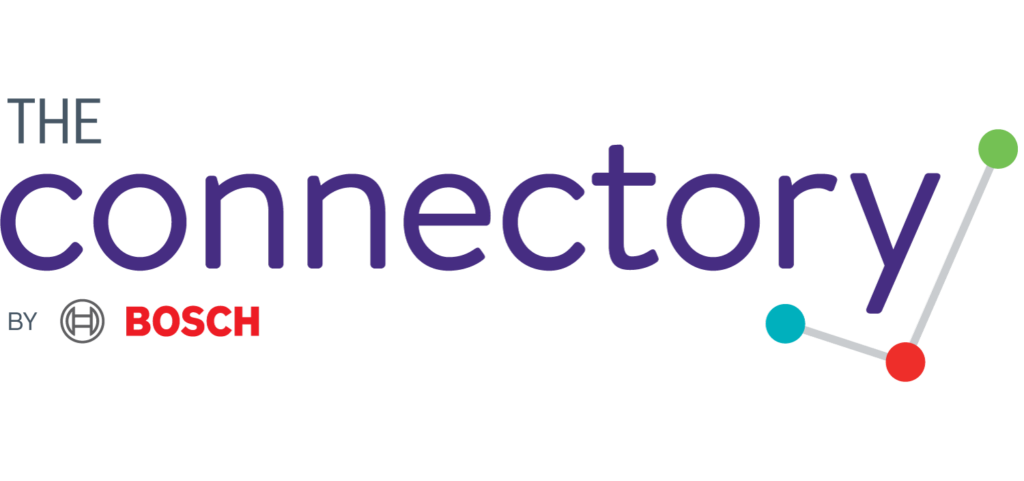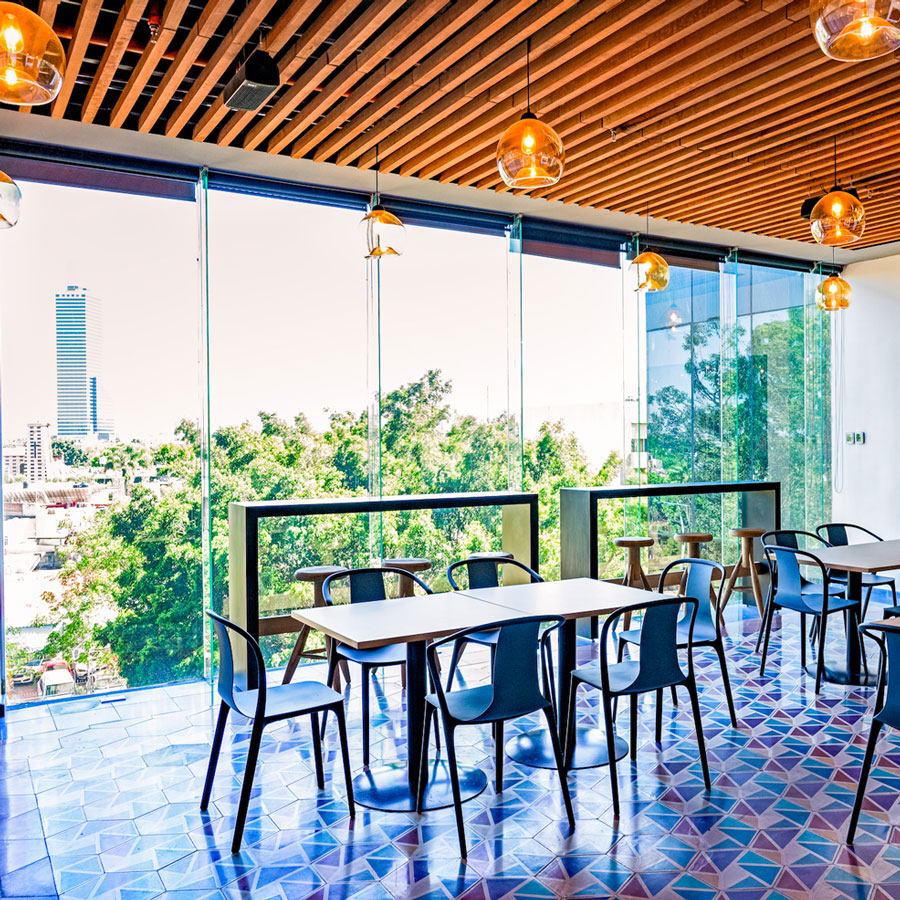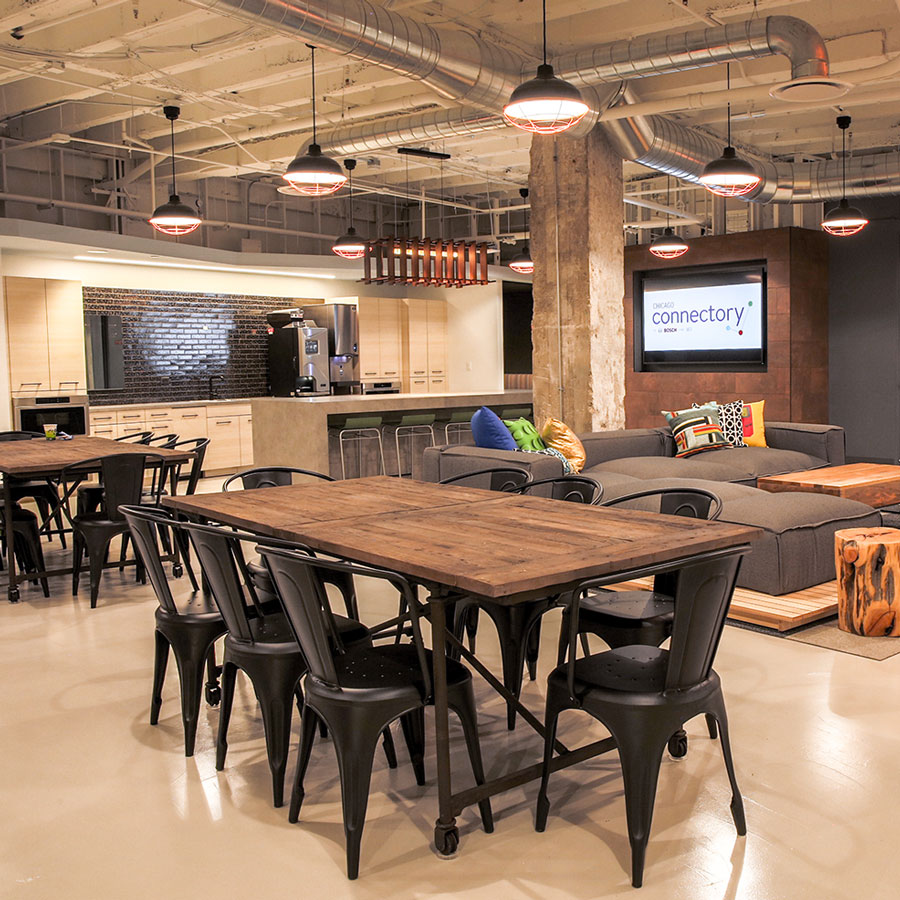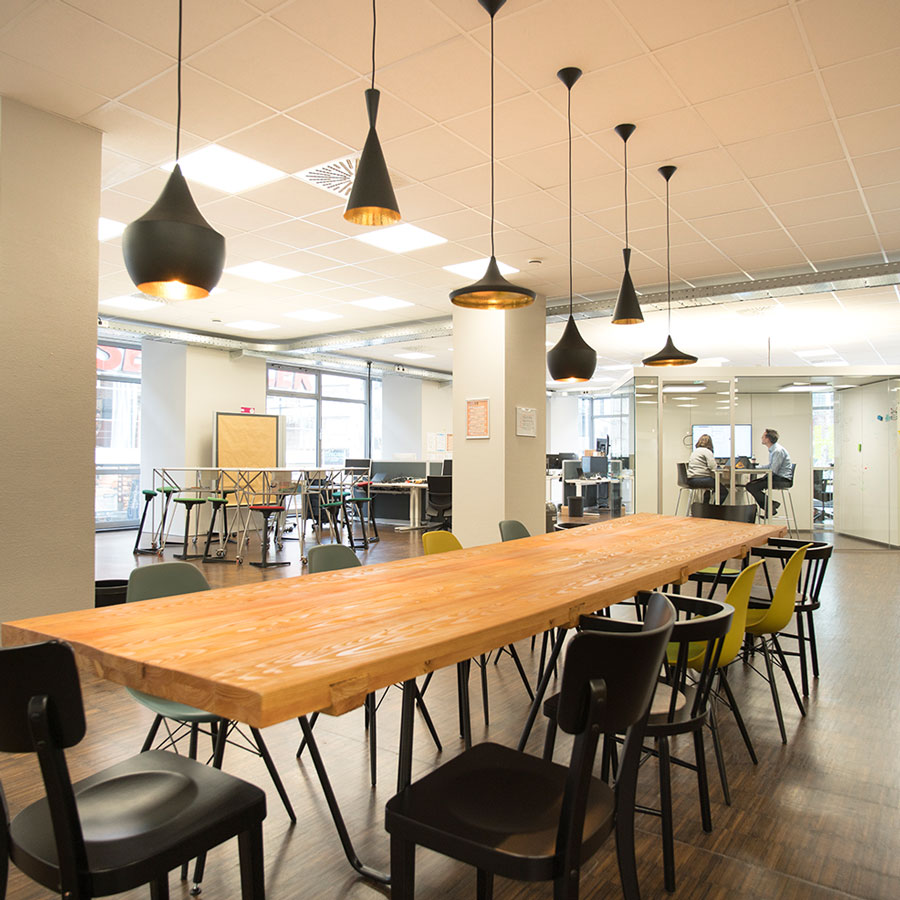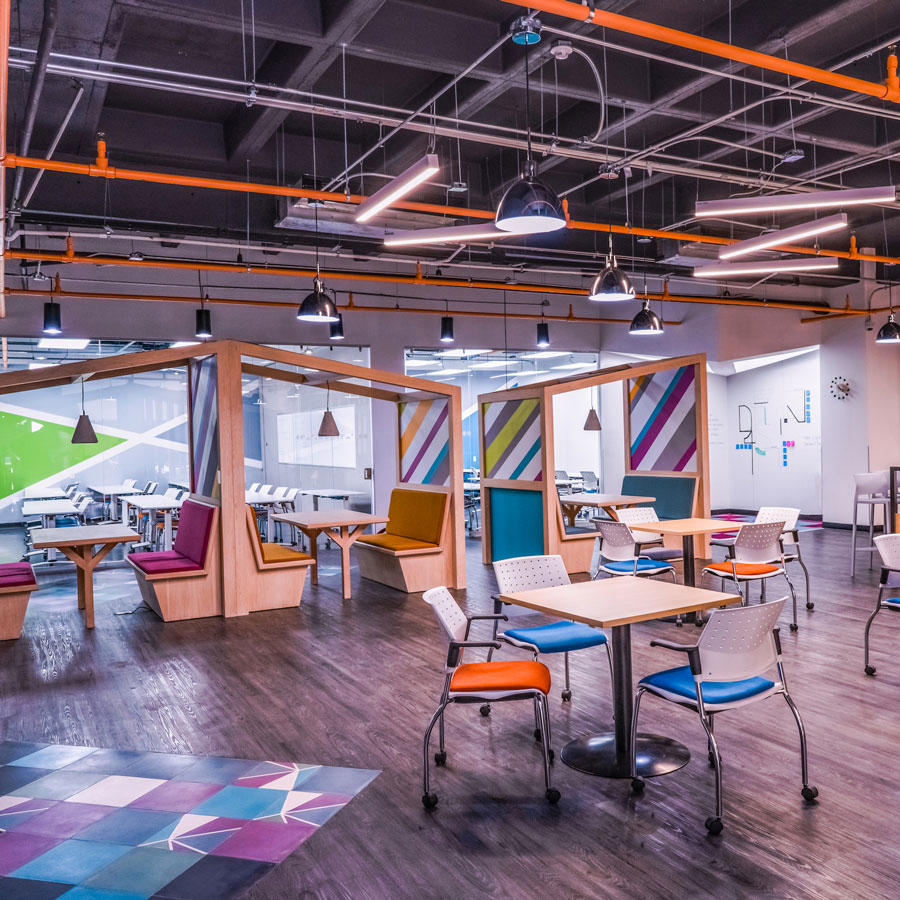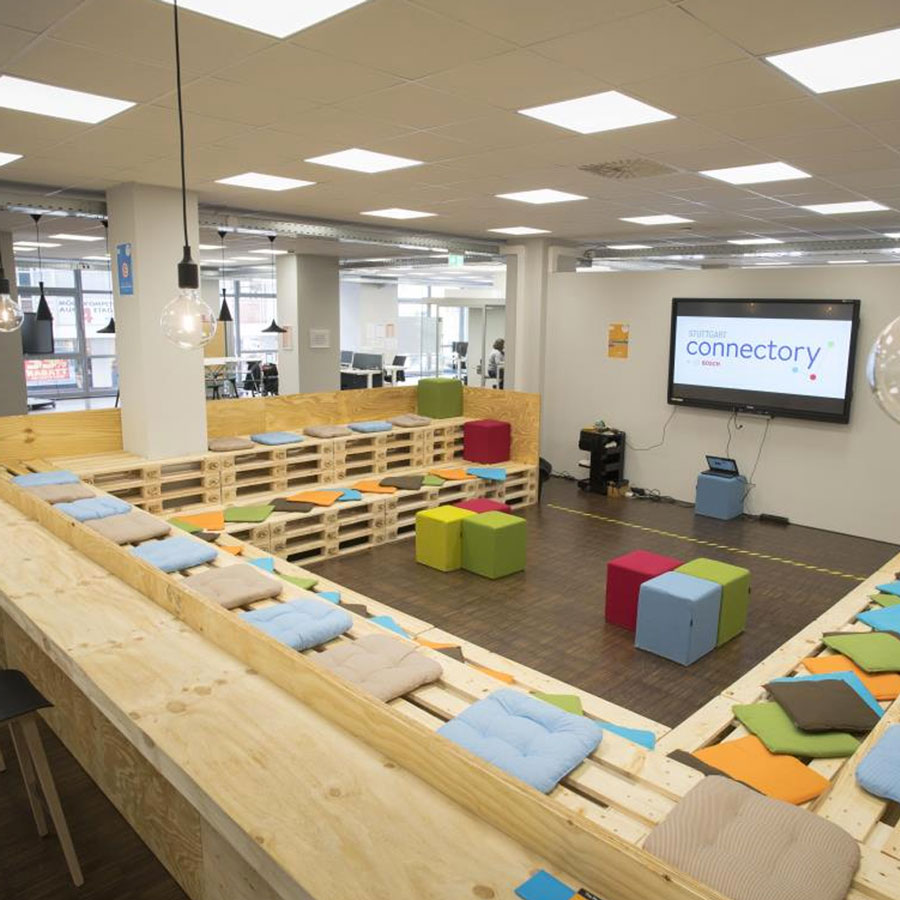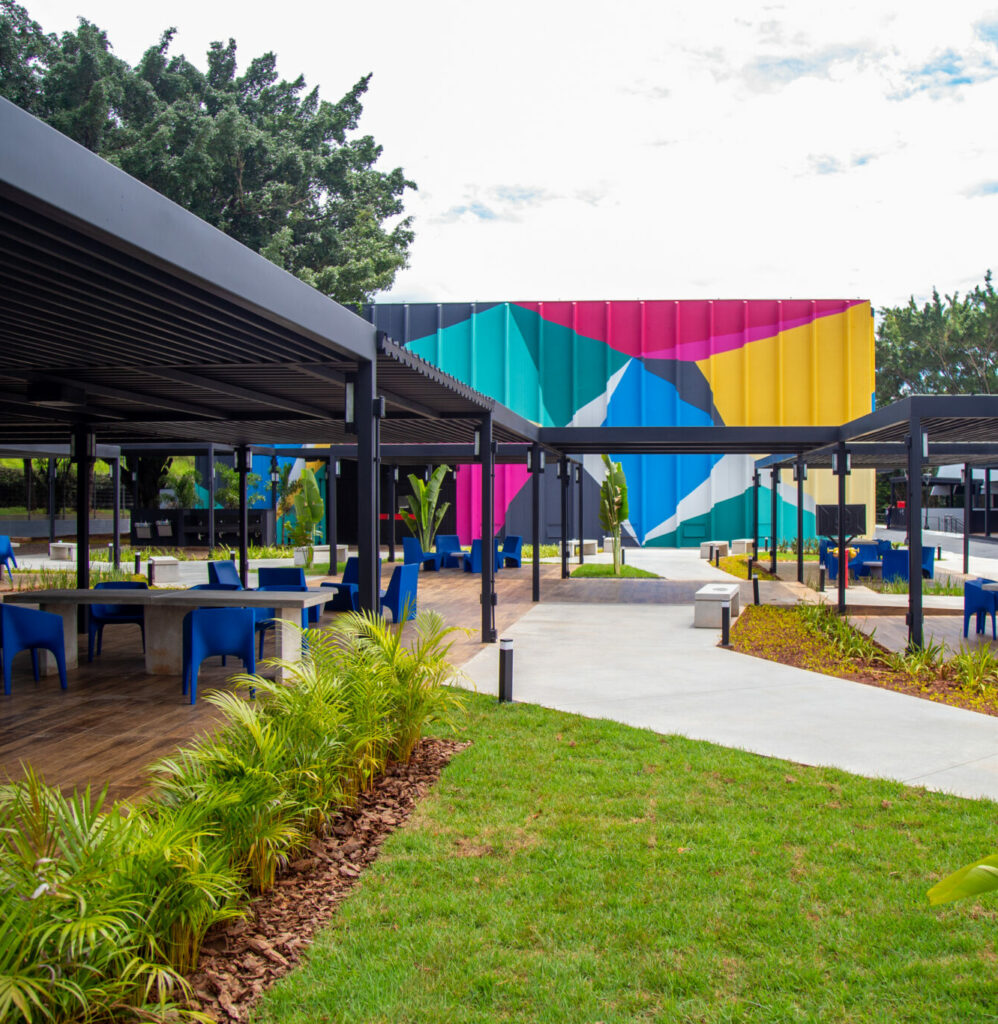
A global innovation community dedicated to driving co-creation and digital innovation across industries, countries, and ecosystems.
Welcome to The Connectory!
Your global innovation community. Here is your place to connect, co-create, and level up your innovation! Visit our innovation spaces, check out our learning opportunities and connect with the community and innovation ecosystem.

Are you an AIoT startup, working on digitalization topics?

Are you a corporation who would like to join the global community?
Are you a university and want your talent to connect?
Are you a civic partner in our ecosystem?
